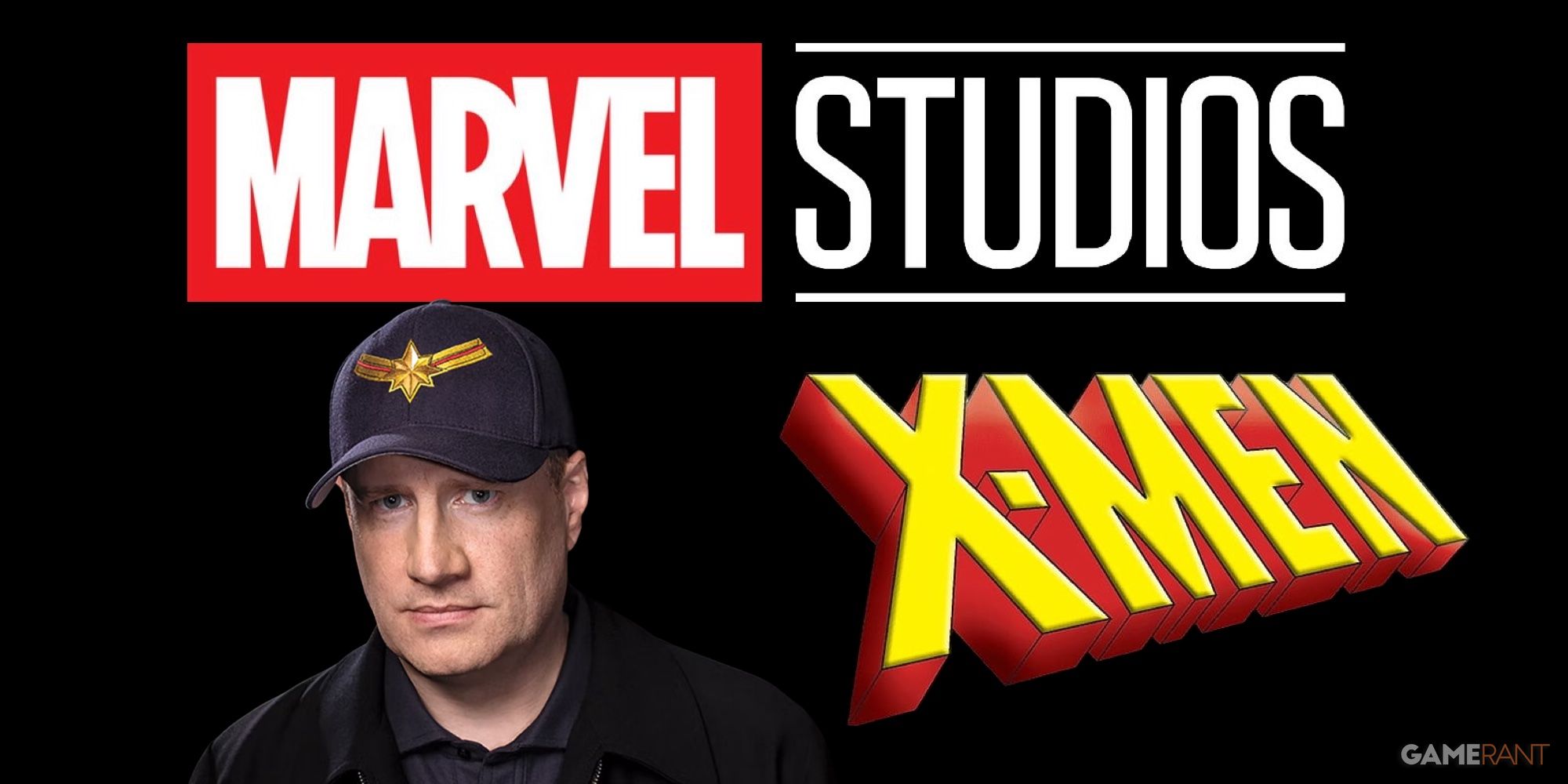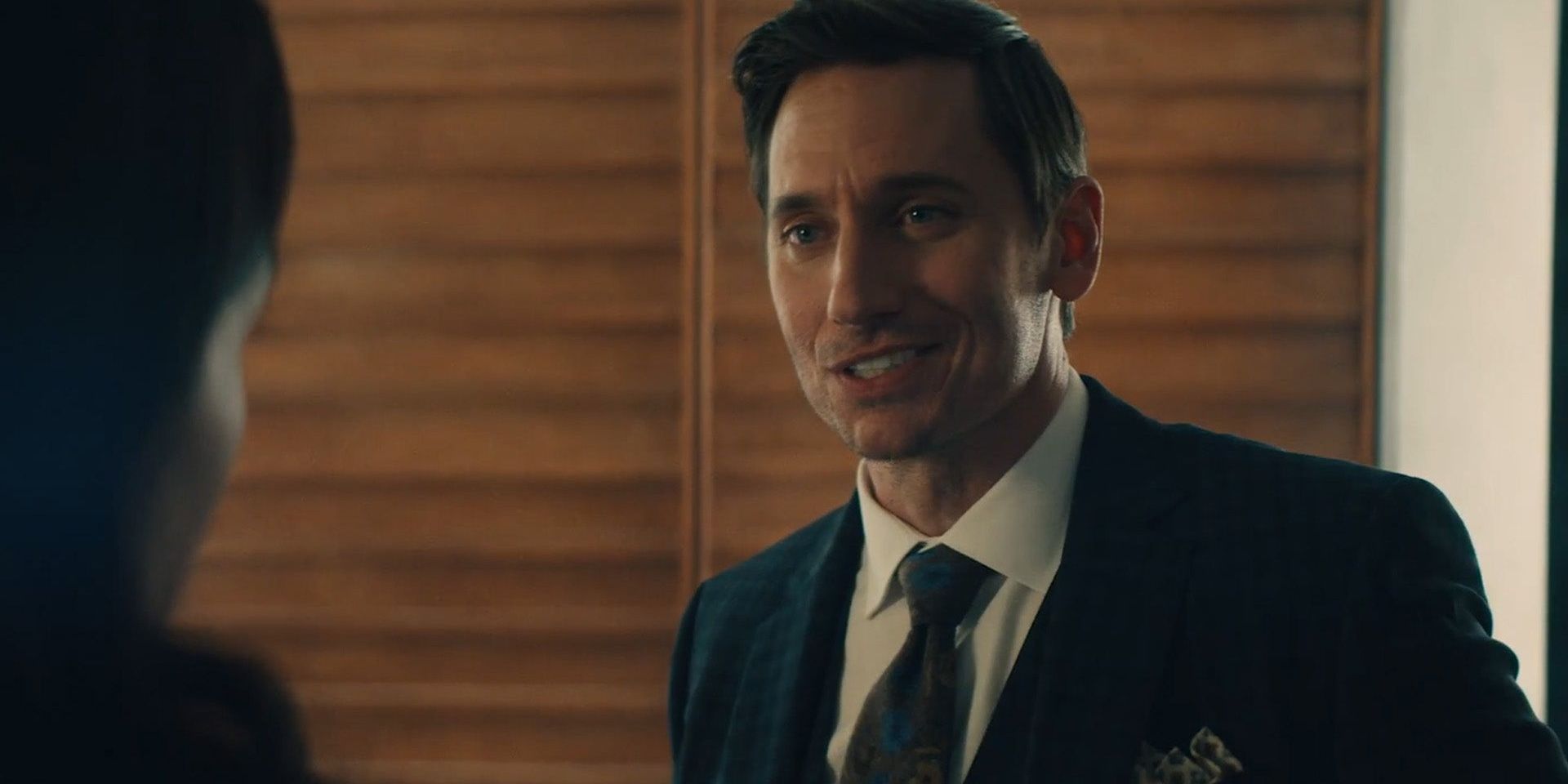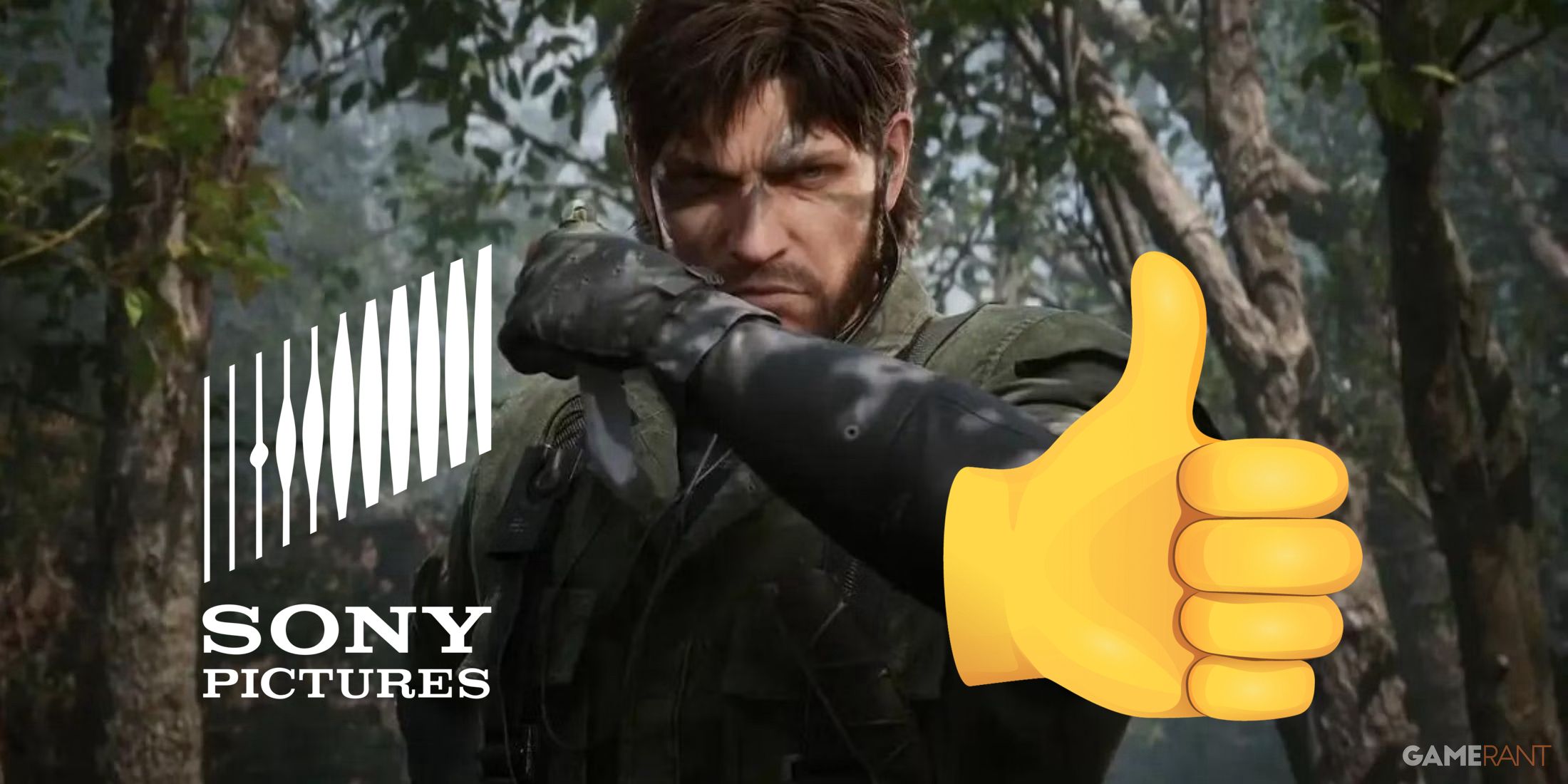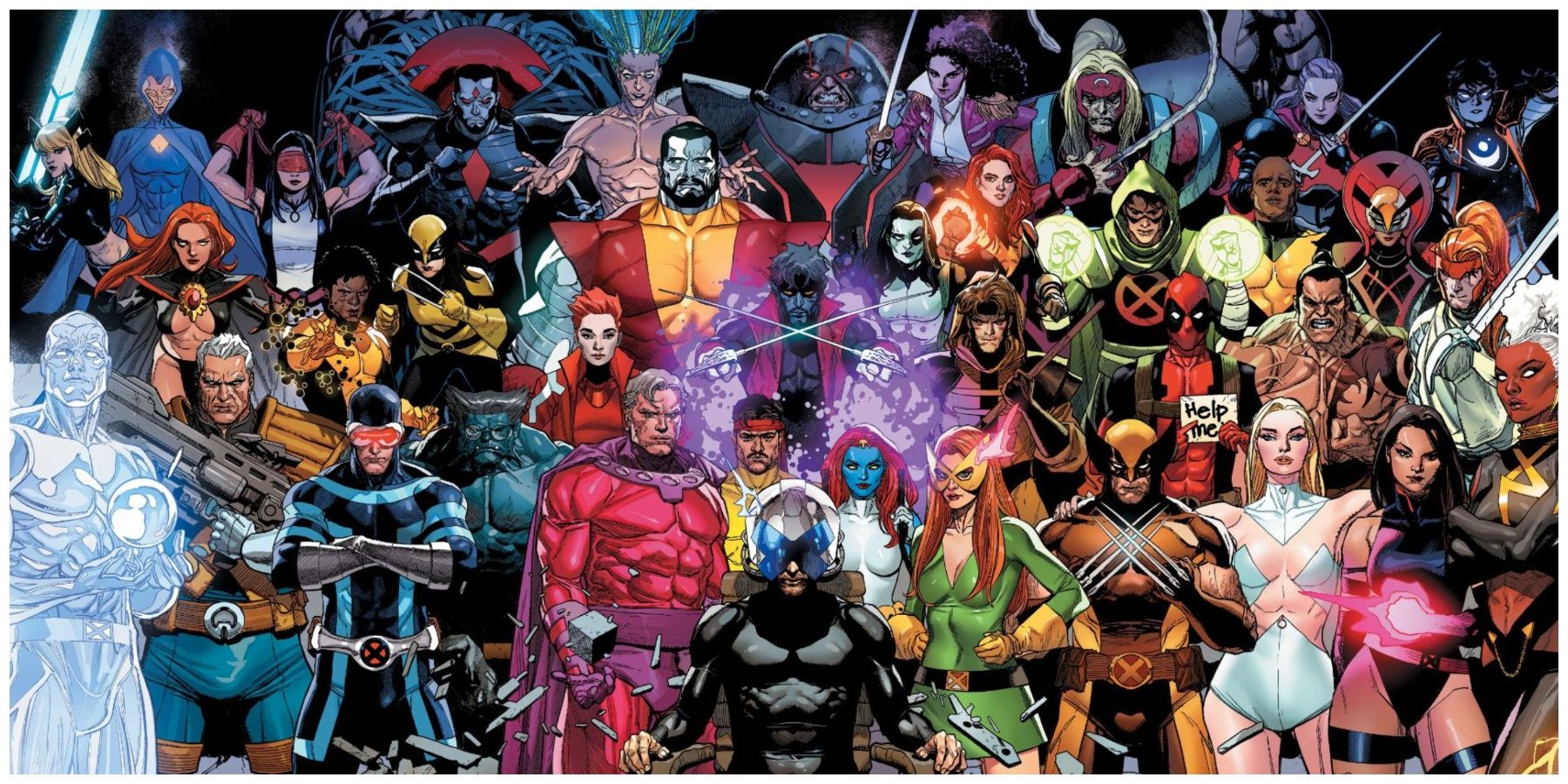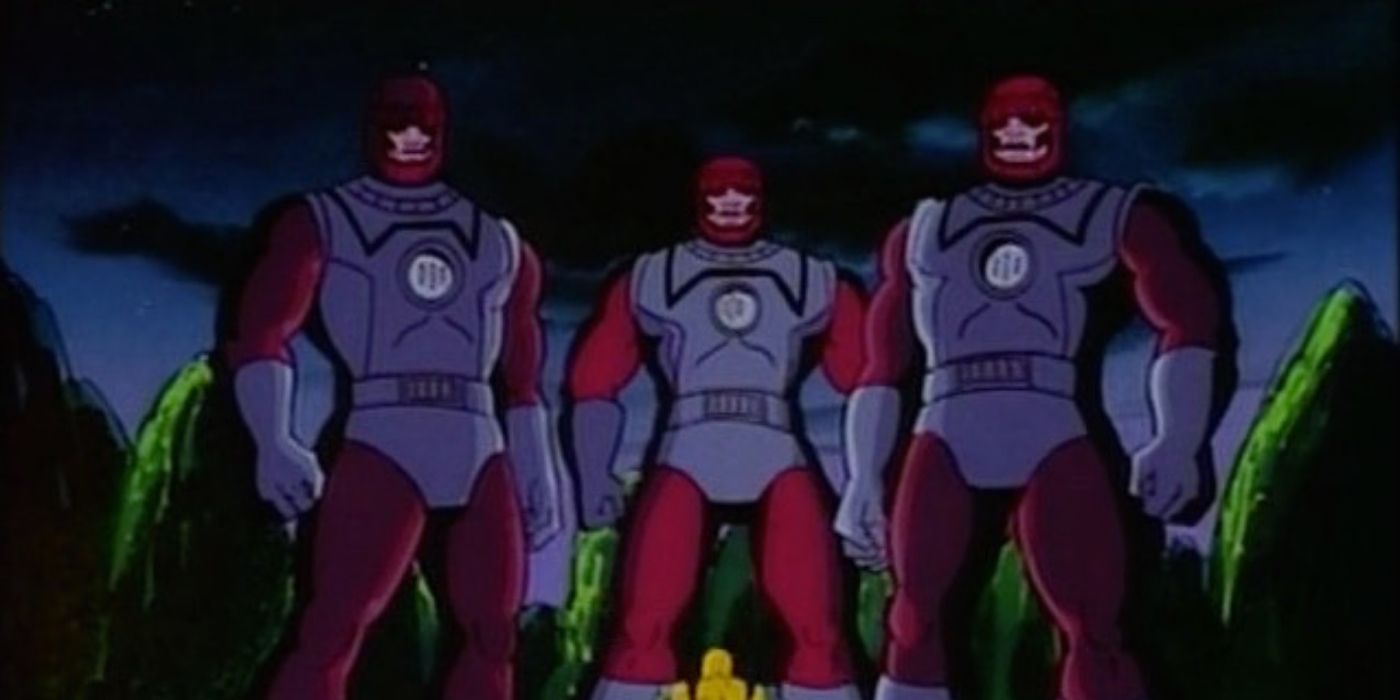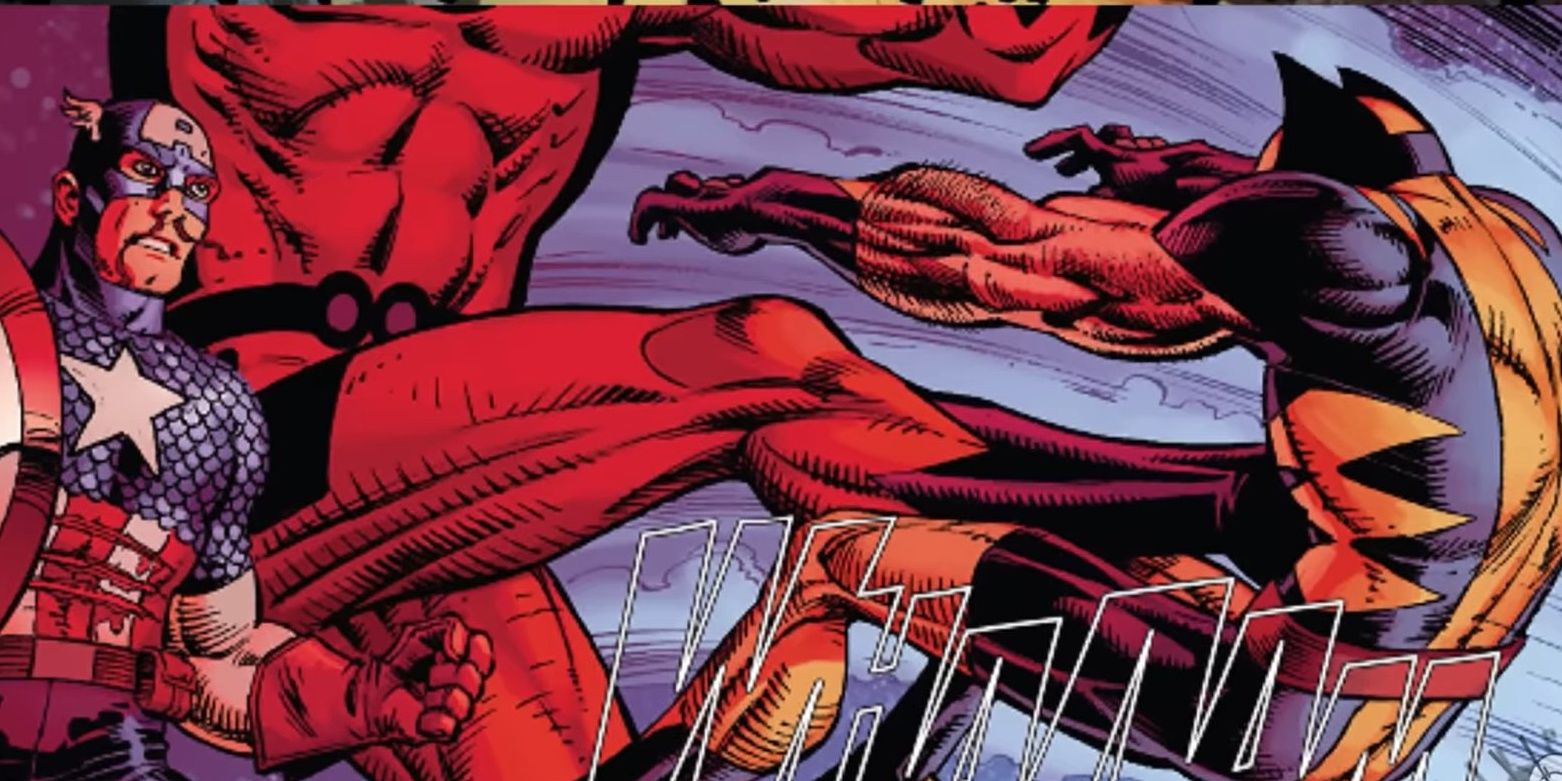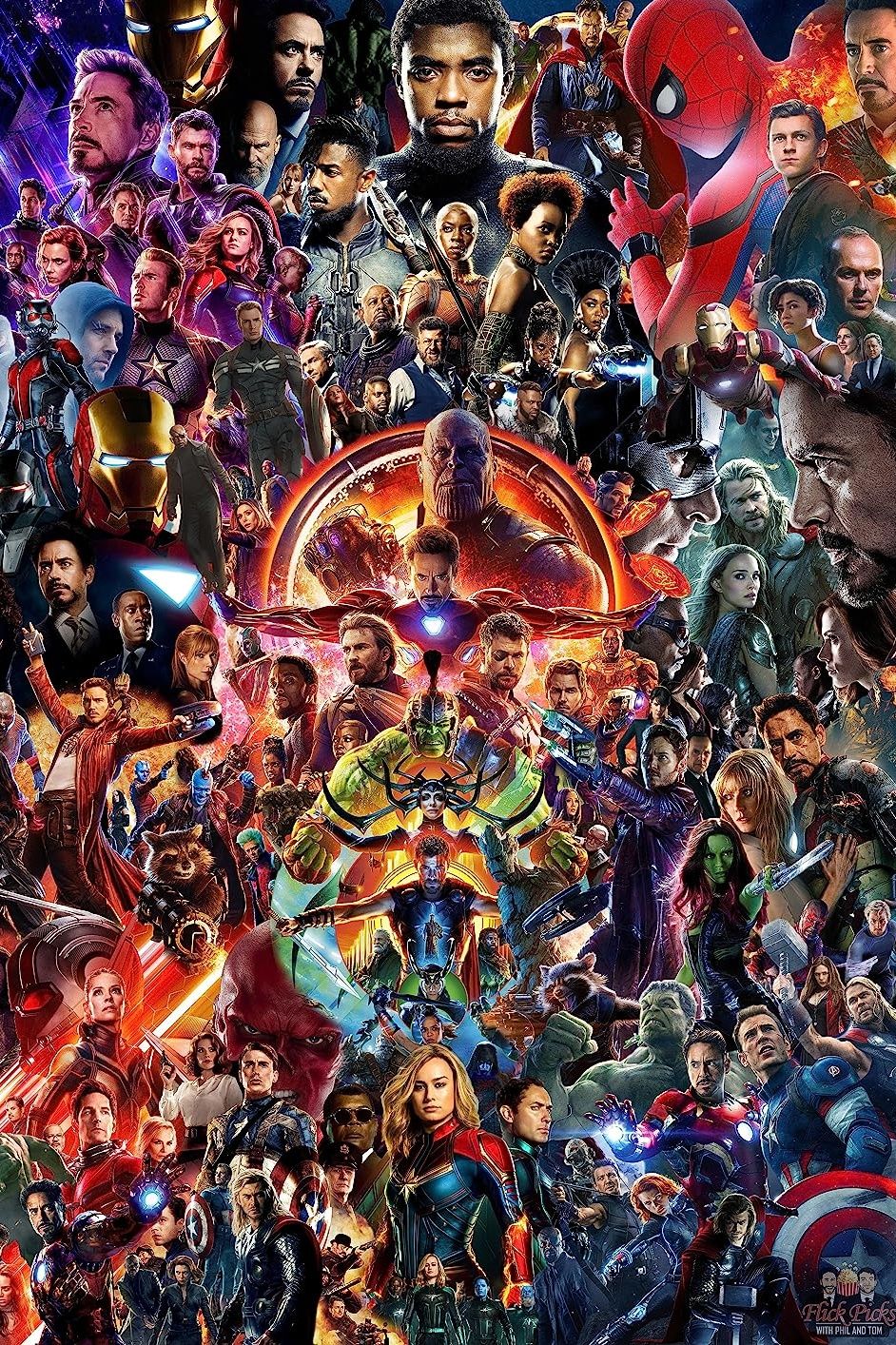Highlights
- Mutants offer a whole new layer to the MCU, with extensive lore and the potential to interject into existing storylines. The X-Men are just a small part of the mutant world.
- Other mutant teams, such as Alpha Flight and X-Factor, should play a significant role in the MCU, adding political intrigue and new antagonists beyond Magneto.
- Mutant stories are about more than flashy powers. They tackle social issues and discrimination, representing various minority groups. The Morlocks, who can't hide their mutations, would be perfect to explore these relatable stories.
Since Disney bought out Fox Studios, fans have eagerly awaited the arrival of the X-Men in the MCU. The first mutant-focused movie will be the long-awaited Deadpool 3, but nobody knows the path to the introduction of the X-Men after that. However, acquiring the cinematic rights to the roster of mutants was always about more than just the X-Men. Professor Xavier's team of child soldiers is just a small part of the mutant world.
Wolverine might be a fan-favorite character, but there are so many other mutant characters that offer more to the MCU, who didn't get a chance to shine in any previous X-Men films. Mutants offer a whole new layer that the cinematic universe has barely touched with its current filmography. Mutant lore is extensive, reaching the stars and back through time, and versatile to fit within its own corner of the MCU or branch out and interject itself into existing storylines. It's an important acquisition for Marvel Studios, but the X-Men aren't the only reason why.
What Other Mutant Teams are in Marvel Comics?
The biggest reason general audiences want mutants in the MCU is because of the X-Men. Bryan Singer made them incredibly popular, reinvigorating comic book and "90s cartoon fans" love for the team. He ushered in a new wave of fans who directed their attention to the comics. Singer furthered the team's success in 2014 with X-Men: Days of Future Past by bridging the First Class team and original cast, while also undoing some of the worst parts of Brett Ratner's X-Men: The Last Stand. However, the X-Men aren't the only team of mutants in Marvel comics.
The mutant population might be the minority in the comics, but they're vast and diverse, and they don't all end up at Xavier's School for Gifted Youngsters. Governments around the world fund and manage their own mutant teams, such as Canada's Department H, which manages Alpha Flight, or the Pentagon-funded X-Factor. Even without including different government teams, there are groups of mutants like the Hellfire Club, Marauders, and Morlocks. Audiences caught a glimpse of the Hellfire Club in Matthew Vaughn's X-Men: First Class as a secret society pulling the strings of major political events around the world. These other mutant teams should play a more significant role in the MCU. They could add a level of political intrigue in the MCU and give viewers new antagonists to look forward to besides the well-known Magneto.
The Morlocks are the best group of mutants to show the injustices among the mutant population. It's difficult to fully understand the struggles mutants go through by kicking off with the X-Men, most of whom can pass as humans if they want. What the MCU has done so far with Kamala Kahn and The Marvels' mid-credit scene, while exciting for fans, doesn't do these groups of characters any favors.
Mutants Tell Bigger Stories
X-Men and other mutant stories are always about something bigger than fighting Magneto or using flashy powers that look good on the screen. It's common knowledge that the X-Men originated as an allegory for civil rights, with Professor Xavier and Magneto representing the opposing philosophies of Martin Luther King Jr. and Malcolm X. They battle discrimination and encourage others to come to terms with their biases. Highlighting the struggles of those in the LGBTQ+ community was something X2: X-Men United did well. Bobby Drake's (Iceman) own mother asks him a question nobody in the community is a stranger to:
Have you ever tried...not being a mutant?
There's a lot of political discourse in the world about different minority groups whom the mutants could continue representing, bringing to light the different injustices and forms of discrimination they encounter from the public and their own families. As good as the MCU has been, it's been lacking those relatable stories that shine a light on the human condition.
Again, the Morlocks would be great to use for this kind of story, as they're the mutants who can't hide. Unlike most of the X-Men, Morlocks can't simply flip a switch and turn off their mutation. They're the ones who clearly aren't human, and have extreme mutations such as scales for skin or completely alien appearances. They live underground in vast sewer systems and sometimes resort to crime as a means of survival, giving humans "valid" reasons for shunning them. The MCU can gradually introduce the marquee X-Men characters like Wolverine, Rogue, Cyclops, and Iceman to show what they stand for as a team.
Mutants Are Versatile
Despite their stories being self-contained with larger themes than the MCU usually tackles, the villains among the mutants are larger than life, and provide ample opportunity for big blockbusters that bring in characters from other projects. Mutants might keep Magneto or Sebastion Shaw to themselves, but the likes of Onslaught requires assistance from the Avengers and Fantastic Four. The House of M storyline is very much a mutant story, but it affects the whole world, involving the Avengers and other prolific characters.
The mutant world is incredibly versatile and would allow the MCU to either focus solely on mutant characters or branch out and include the greater MCU. The first mutant movies could provide a "Phase One" of mutant stories that lead up to the first X-Men film and eventually lead to the big bad for mutants. Alternatuvely, they can gradually introduce mutants one by one in larger MCU properties, much like they've done with Namor and Kamala Khan.

